
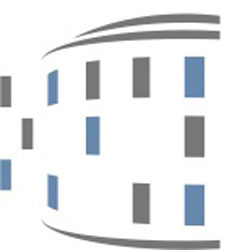
[December 2017]
The DIMACS/Simons Collaboration on Bridging Continuous and Discrete Optimization
DIMACS announces an upcoming Special Focus on Bridging Continuous and Discrete Optimization as part of a broader partnership with the Simons Institute for the Theory of Computing. The new DIMACS/Simons Collaboration on Bridging Continuous and Discrete Optimization features activities at both DIMACS and the Simons Institute devoted to advancing both the foundations and applications of optimization.
>>
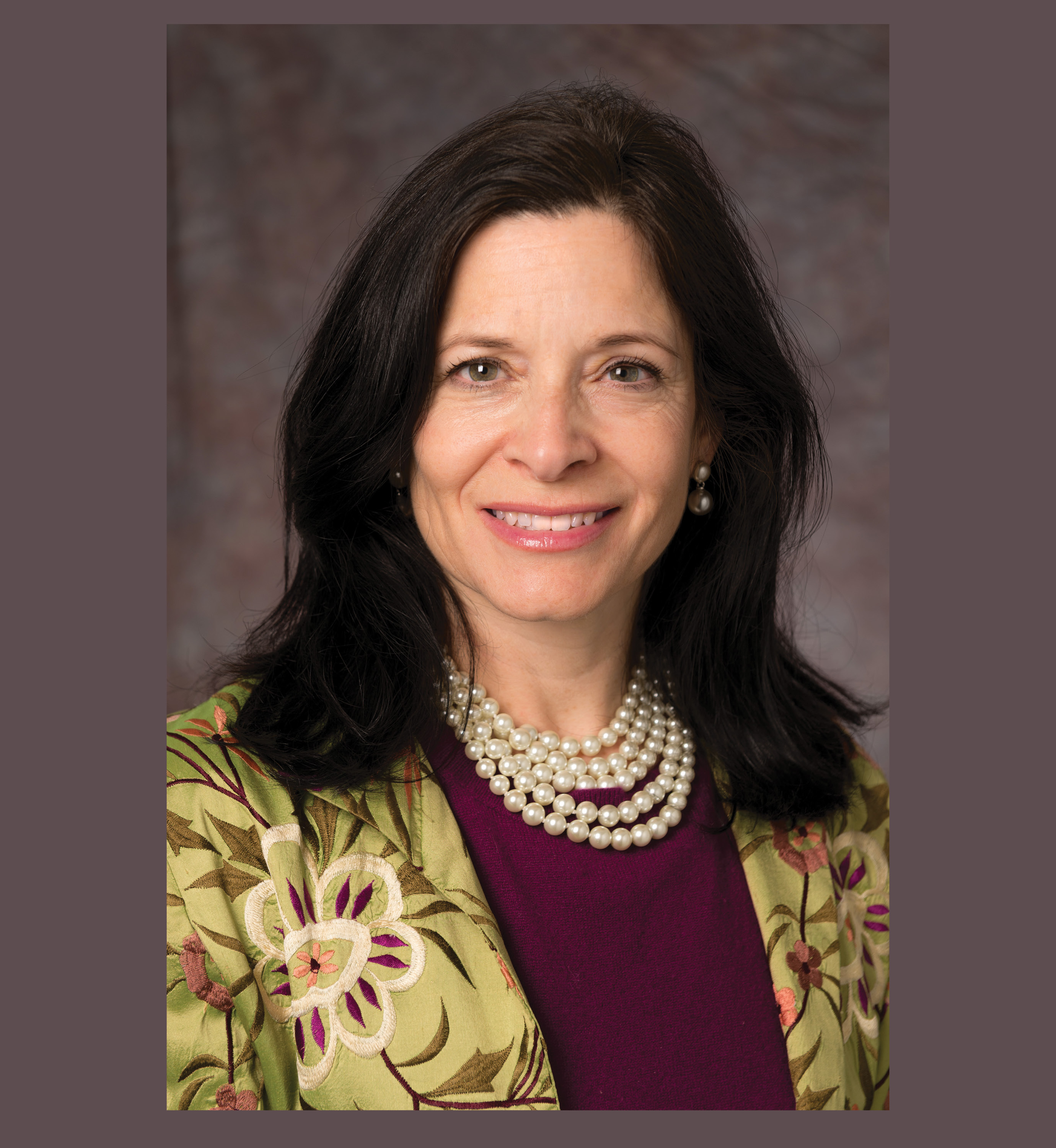
[November 2017]
Rebecca Wright named 2018 IEEE Fellow & ACM Distinguished Member
DIMACS Director Rebecca Wright has been named an IEEE Fellow in recognition of her contributions to applied cryptography and privacy. Earlier this year, she was also named a Distinguished Member of the ACM for her scientific contributions to computing.
>>

[October 2017]
Three DIMACS Special Focus Programs Draw to a Close
Three long-running DIMACS special focus (SF) programs drew to a close with the end of the summer. The SF on Cybersecurity, SF on Energy and Algorithms, and SF on Information Sharing and Dynamic Data Analysis combined to sponsor 53 events that engaged nearly 2800 people. Together they hosted a total of 30 visitors at DIMACS and its partner institutions.
>>
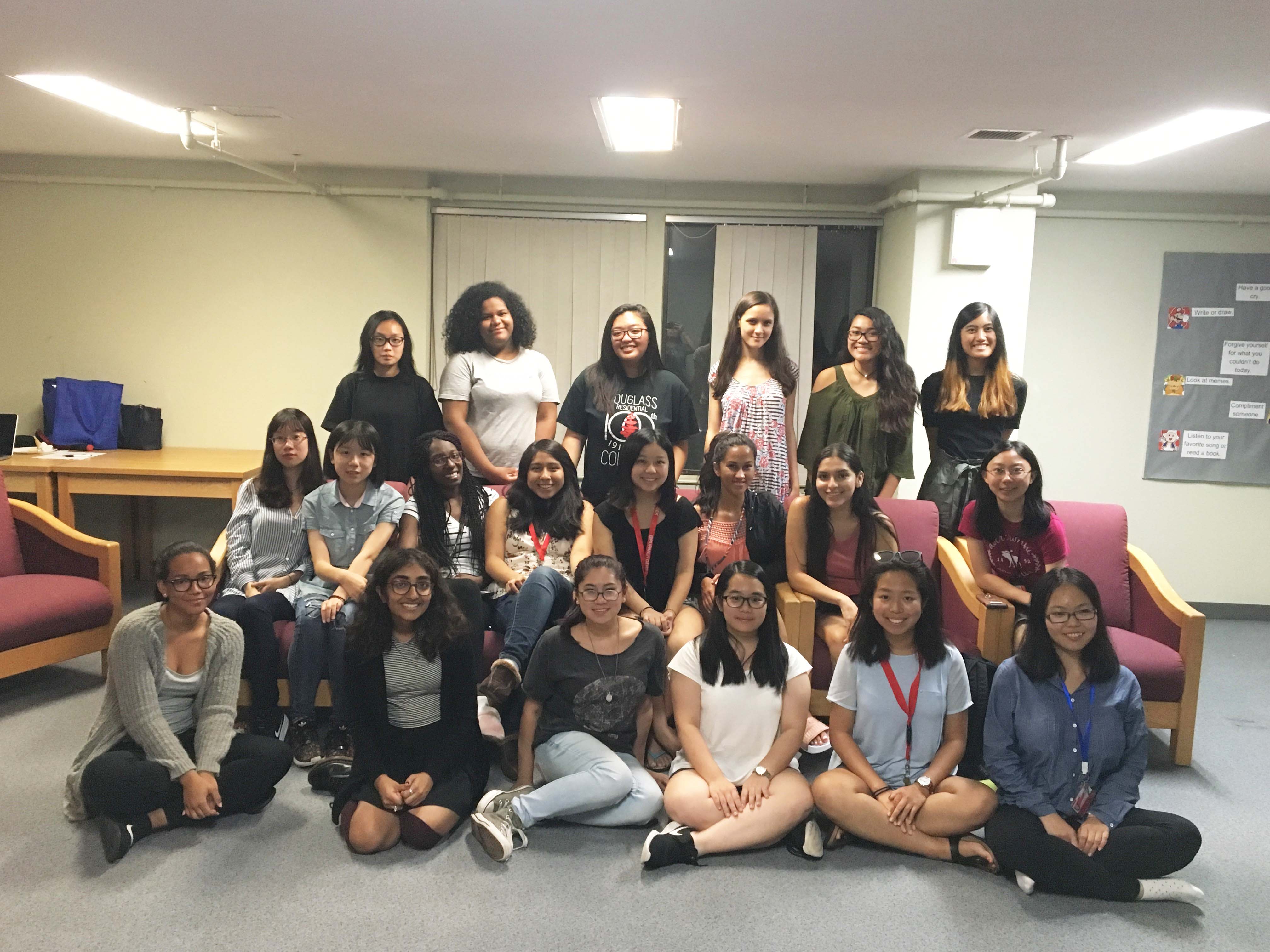
[September 2017]
Douglass-SAS-DIMACS Computer Science Living-Learning Community for Women
DIMACS joins the Douglass Residential College, School of Arts and Sciences, and Department of Computer Science in welcoming the second cohort of students to the Douglass-SAS-DIMACS Computer Science Living-Learning Community for Women, or CS LLC for short. The incoming CS LLC class consists of 20 first-year women intending to major in computer science. Seventeen of these students are from around NJ; one is from NY state; and two are from China.
>>
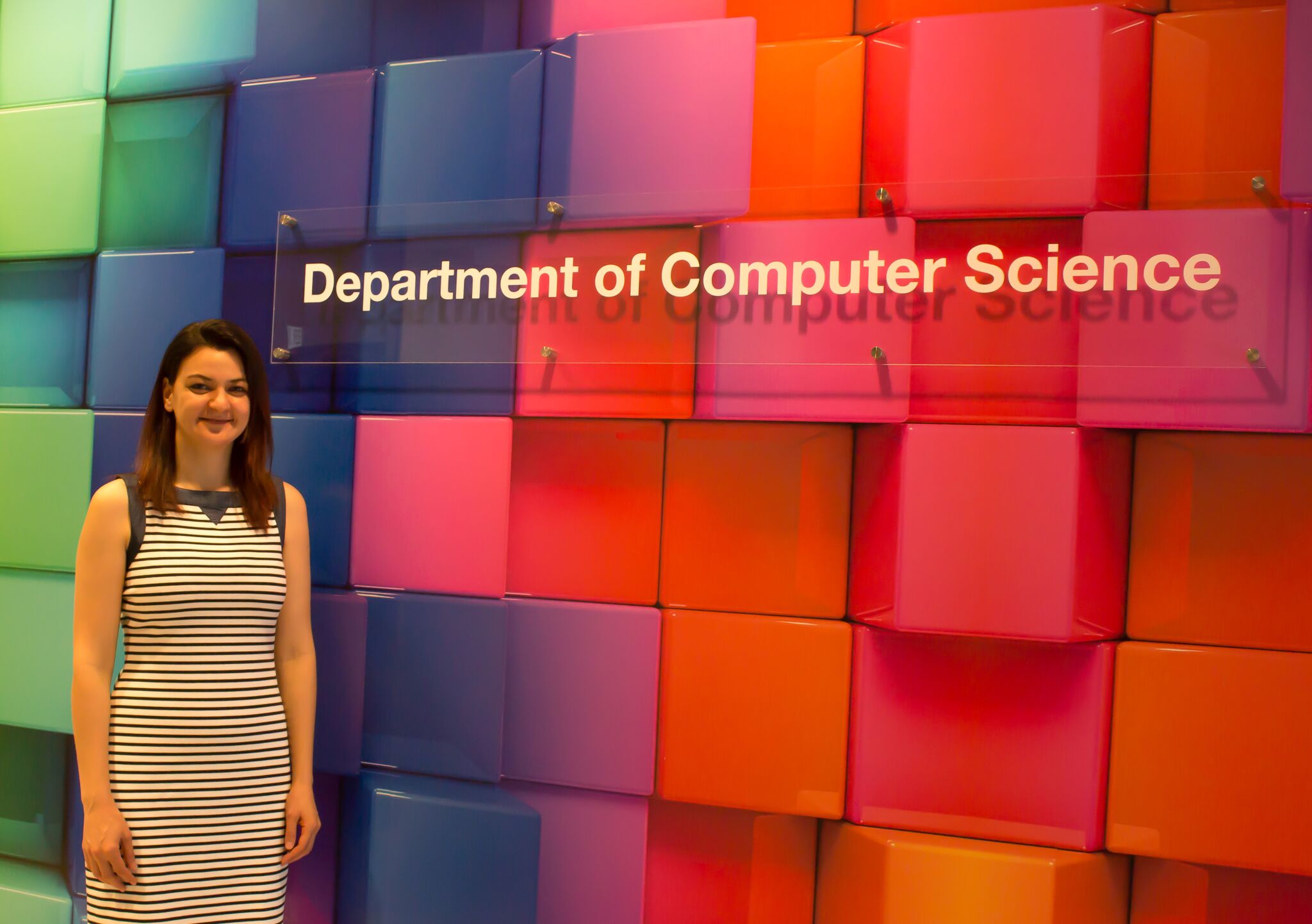
[July 2017]
Is Your Database Secure?: New Attacks and Leaks Discovered
Rutgers computer science graduate student
Betül
Durak has a growing body of research on encryption methods that provide security guarantees while also satisfying additional practical requirements. She recently helped to uncover an attack on the FF3 encryption method recommended by NIST for securing information in databases, and she showed that secure order-revealing encryption methods can be vulnerable to multi-column attacks on correlated tabular data.
>>
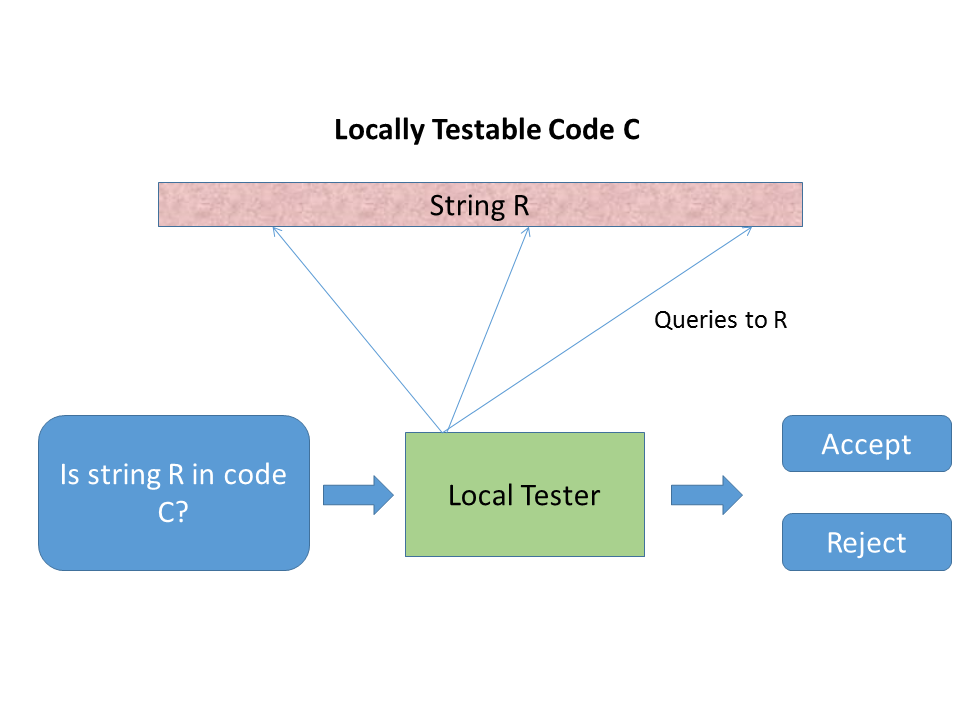
[October 2016]
Recent Results in Locally Testable and Locally
Decodable Codes
IAS/DIMACS postdoctoral fellow Noga Ron-Zewi and her
collaborators have made several recent breakthroughs in the study of
locally testable and locally decodable codes. Among other things,
their
work provides an exponential improvement on the best-known query
complexity of such codes.
>>
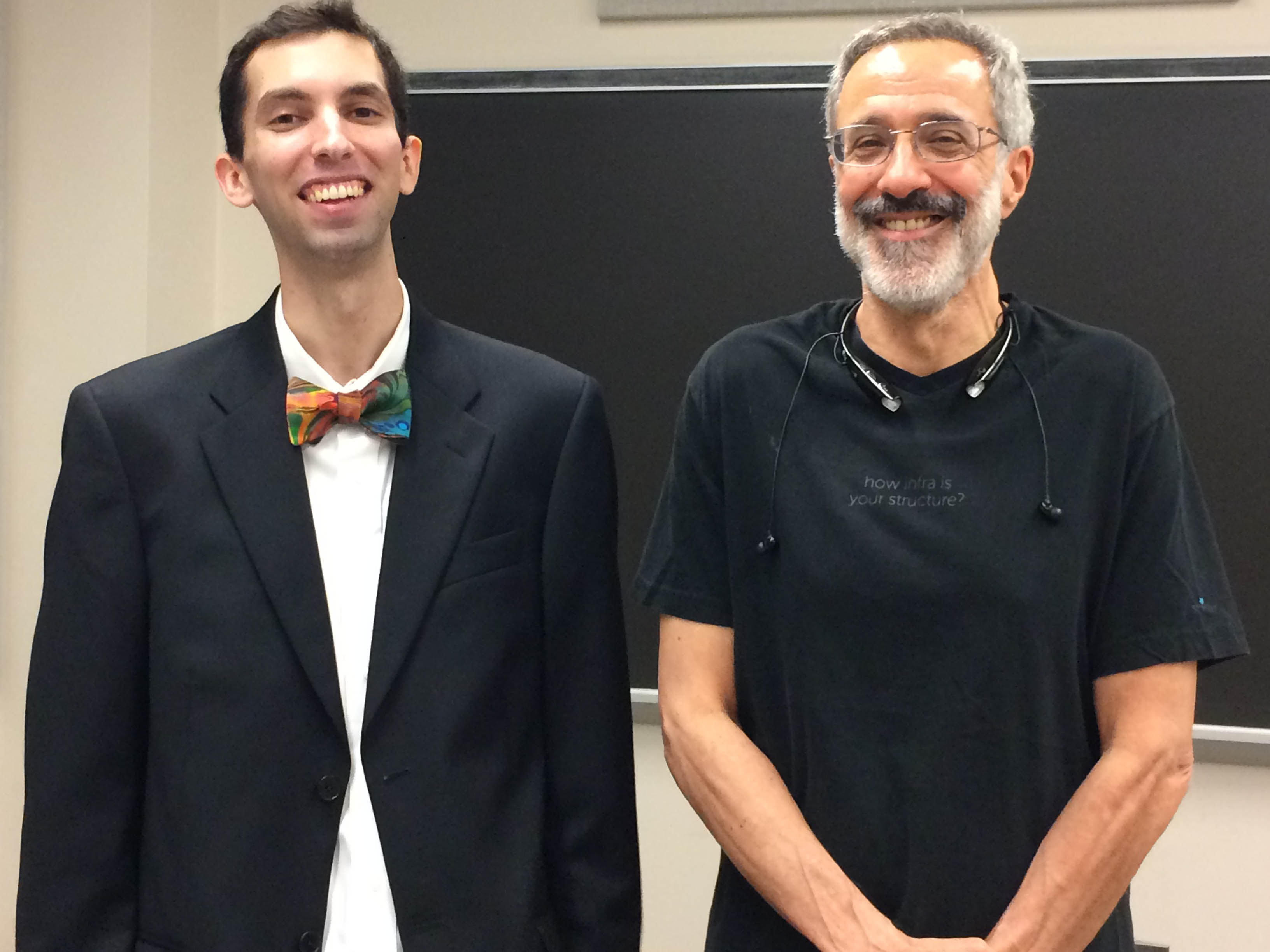 [August 2016] On Tuza's Conjecture in Dense Graphs
[August 2016] On Tuza's Conjecture in Dense Graphs
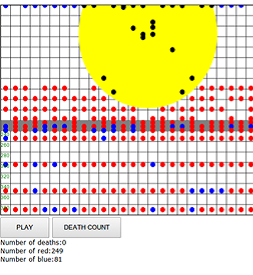 [May 2015] REU 2014: Research in Review
[May 2015] REU 2014: Research in Review